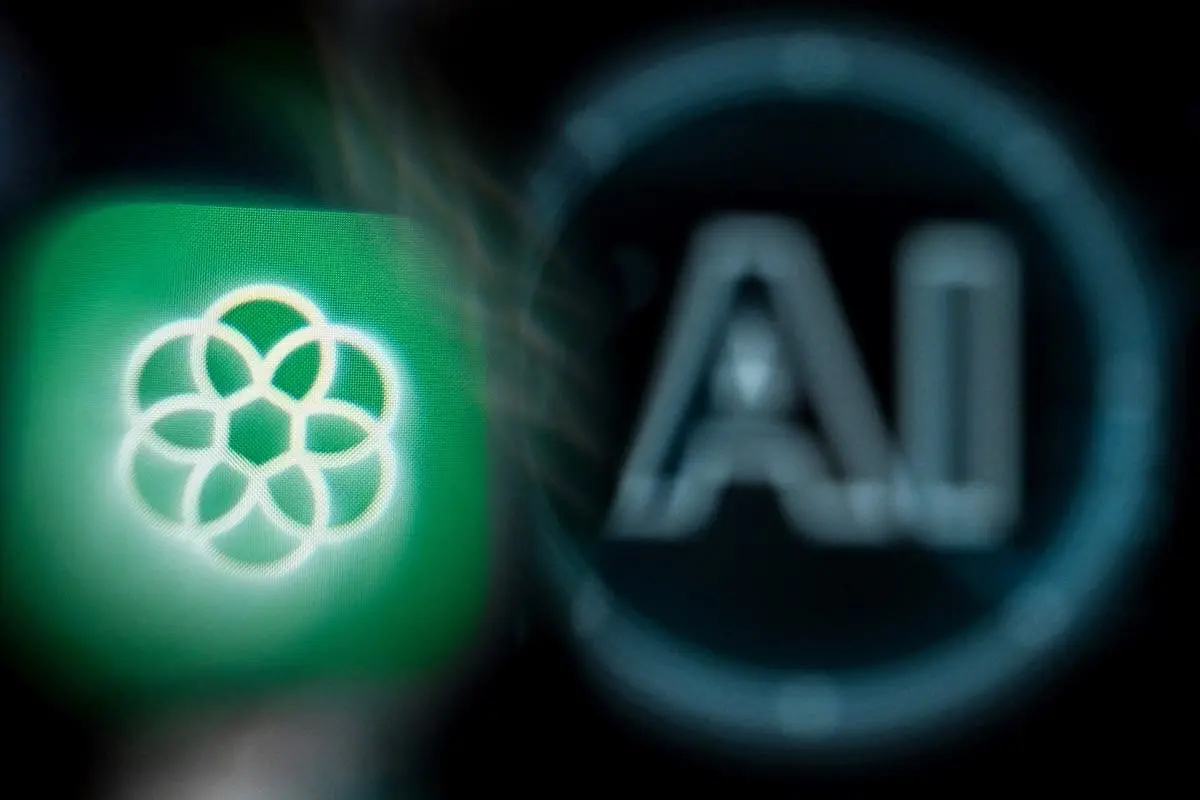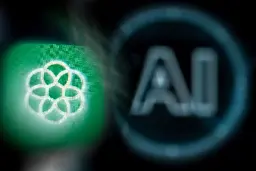OpenAI says it is investigating reports ChatGPT has become ‘lazy’
OpenAI says it is investigating reports ChatGPT has become ‘lazy’

www.independent.co.uk
ChatGPT being investigated over reports of ‘laziness’

OpenAI says it is investigating reports ChatGPT has become ‘lazy’::OpenAI says it is investigating complaints about ChatGPT having become “lazy”.
